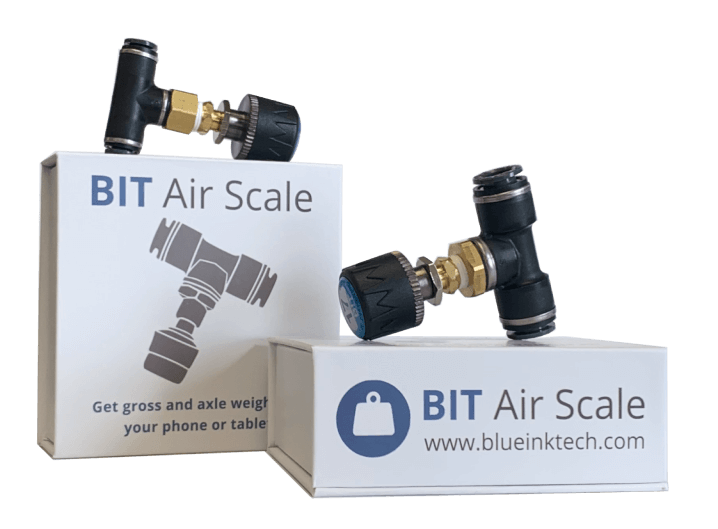Fleet managers are constantly under pressure to reduce operating costs, stay compliant with regulations, and boost overall efficiency. One of the most effective ways to achieve all three is by installing onboard scales in your fleet vehicles. These devices give real-time weight data, helping operators avoid overload fines, reduce maintenance issues, and maximize payload efficiency.
Let’s explore the key reasons why onboard scales are a smart investment for any fleet operation—and how they contribute to a more productive and cost-effective business.
1. Improve Compliance and Avoid Fines
Overweight vehicles are not only dangerous—they’re expensive. Fines for weight violations can quickly add up, and repeated infractions may lead to more severe penalties, including impoundment or increased insurance rates.
Installing onboard scales helps drivers:
- Know the exact weight before leaving the loading dock
- Ensure each axle is properly loaded
- Stay within regional and federal limits
Real-time weight visibility eliminates guesswork, keeping trucks road-legal and operators worry-free.
2. Maximize Payload Without Risk
Without onboard weighing, most fleets underload their trucks just to avoid risking an overweight violation. This safety buffer, however, reduces revenue per trip.
With Cleral onboard scales, fleets can load up to the legal limit with full confidence, knowing they’re not exceeding thresholds. This means:
- More efficient use of vehicle capacity
- Fewer trips for the same amount of cargo
- Higher return on every route
Proper load optimization translates directly into increased profit margins.
3. Reduce Wear and Tear on Equipment
Overloaded or unevenly loaded trucks can wreak havoc on suspension systems, tires, and braking components. Even one improperly loaded trip can accelerate wear and lead to costly repairs.
Onboard scales provide instant data that allows drivers to redistribute loads before departure. This protects:
- Axles from premature wear
- Tires from uneven stress
- Brakes from overuse
Less mechanical stress means fewer breakdowns and lower maintenance costs over the long term.
4. Boost Operational Efficiency
Time spent at weigh stations, reloading cargo, or adjusting load placement eats into valuable driving hours. Onboard scale systems streamline loading and dispatch processes by giving drivers immediate feedback.
This leads to:
- Faster turnaround times at loading docks
- Smoother trip planning
- More time on the road (and less time idling)
For time-sensitive deliveries, that extra efficiency is critical to customer satisfaction and meeting contractual deadlines.
5. Real-Time Data and Integration
Modern systems like Cleral onboard scales include digital displays, wireless connectivity, and the ability to integrate with telematics software. Fleet managers gain full visibility over:
- Load distribution
- Historical trip data
- Real-time alerts for overweight conditions
This centralized data helps improve training, optimize logistics, and identify trends that can lead to better decision-making across the fleet.
6. Easy Installation and Versatility
Today’s onboard weighing systems are designed to be easy to install and compatible with a wide range of vehicles. Whether your fleet includes dump trucks, flatbeds, or refuse haulers, you can install these scales without modifying the suspension or frame.
The adaptability of Cleral systems ensures every vehicle can benefit from improved accuracy and weight control, regardless of its size or function.
Conclusion
Onboard scales are more than just a regulatory tool—they’re a strategic investment that boosts profitability, protects equipment, and ensures safer operations. From real-time weight monitoring to data-driven fleet management, systems like Cleral onboard scales deliver unmatched value for commercial fleets of any size. By taking control of every load, you’re not only saving money—you’re setting your business up for long-term success.


